As I write about Calvinism and what the Scripture teaches, I occasionally run across people who are swimming in the same stream. I am not fully sure where T. C. Moore is coming from, but I found his post on a Calvinism Debate to be both humorous and enlightening.
He posted several videos of the debate, but here is one that caused me to laugh.
Here is a quote from T. C. Moore’s post which provides the context for this video:
To the New Calvinists, their interpretation of Scripture is synonymous with God himself. To question their interpretation is to question God. That is why throughout the debate, both Montgomery and Jones attempted to shame Fischer and Zahnd by rhetorically asking them the question Paul poses in Romans 9: “Who are you O man to talk back to your Maker?” Ironically, it was not Fischer and Zahnd who dripped with arrogance—it was the New Calvinists. They arrogantly equated their interpretation of Scripture with God’s authority itself.
Go read the rest of this post here.



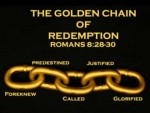
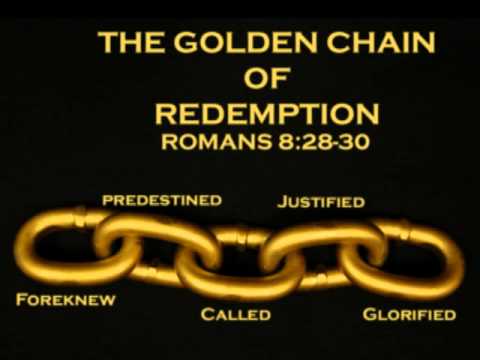
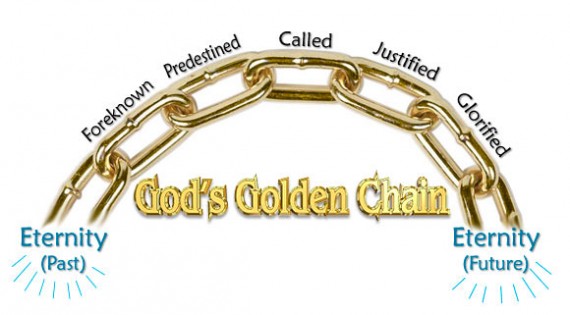
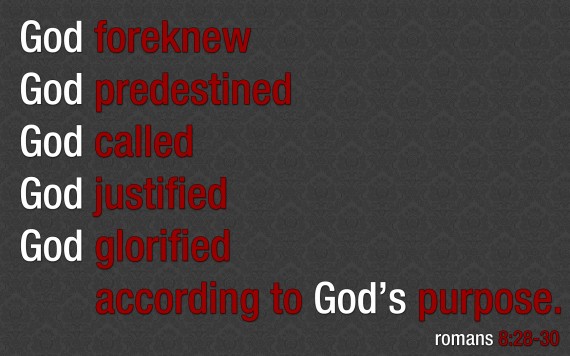

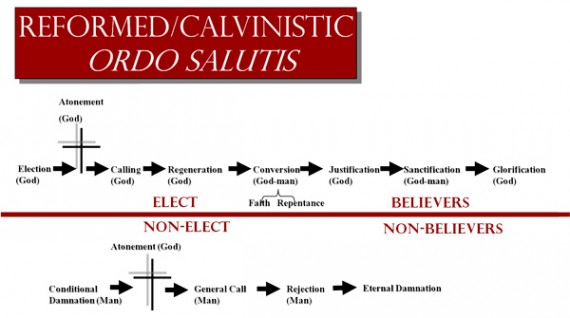
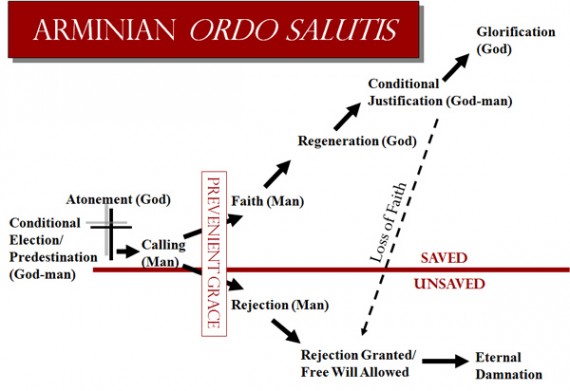


 Lots of people are really enjoying my most recent book.
Lots of people are really enjoying my most recent book.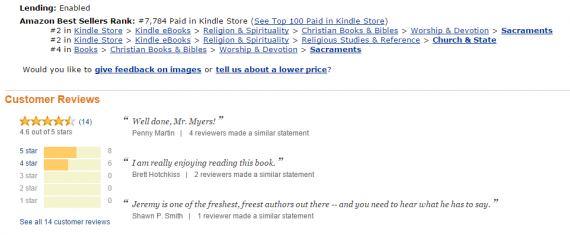
 Thanks as well to all the people who posted reviews of the book! Here are some of the comments they made:
Thanks as well to all the people who posted reviews of the book! Here are some of the comments they made: